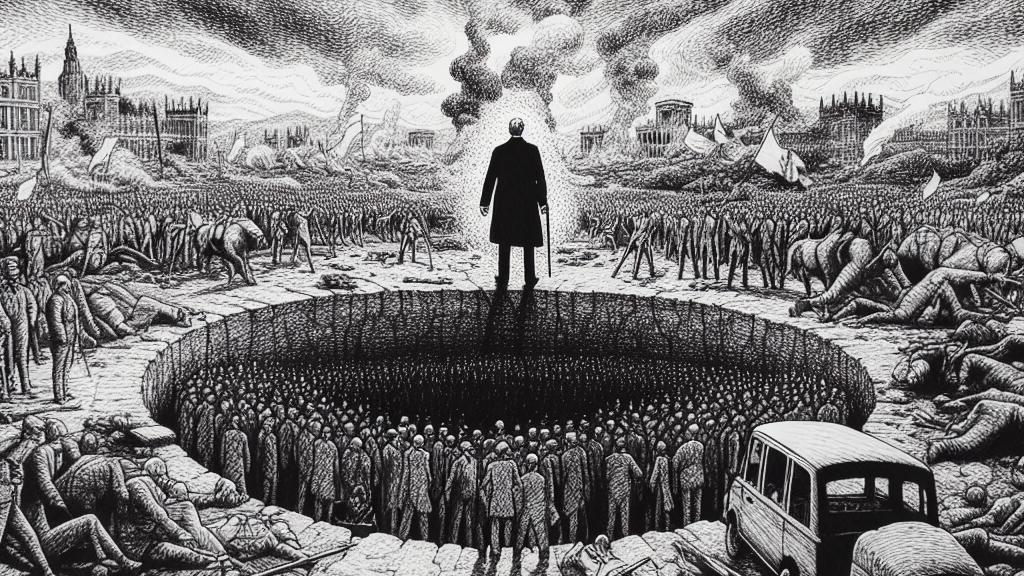Nobel Laureate Yunus Takes the Helm: A New Era for Bangladesh!
Overview
- Muhammad Yunus appointed as head of Bangladesh's interim government following a political crisis.
- Sheikh Hasina's abrupt resignation triggers public protests and a demand for reform.
- Renewed hope among citizens as Yunus aims to restore democracy and implement change.

Catalyst for Change: The Political Crisis in Bangladesh
Bangladesh is currently experiencing a significant political transformation with the appointment of Nobel Laureate Muhammad Yunus as the head of the interim government on August 8, 2024. This unprecedented decision follows the resignation of Prime Minister Sheikh Hasina, who fled the country amid escalating protests against her administration, primarily driven by discontent over a controversial job quota system. General Waker-Uz-Zaman, the Army Chief, announced Yunus's appointment in a press conference, reflecting a crucial step towards restoring stability in a nation grappling with political turmoil and profound public dissatisfaction. The recent protests have seen over 400 individuals lose their lives, underscoring the urgency for a solution aimed at quelling unrest and re-establishing public trust in governance.
Yunus's Vision: A Legacy of Hope and a Road to Recovery
Muhammad Yunus's reputation as the 'banker to the poor' stems from his groundbreaking work in microfinance, which has empowered millions by providing them access to small loans that enable entrepreneurship and self-sufficiency. Despite his accolades, Yunus's foray into politics has not been without challenges, notably facing legal accusations and smear campaigns from the Hasina government, which he views as politically motivated attacks. In his new role, Yunus has articulated a clear vision that prioritizes the establishment of democratic norms through free and fair elections, seeking to heal a divided nation. His emphasis on youth engagement in the democratic process addresses the aspirations of a generation that has risen in activism, making clear that reform is imperative for restoring national unity and progressing forward.
Challenges Ahead: Navigating a Complex Transition
As Yunus steps into leadership, he faces a landscape fraught with obstacles that require deft political maneuvering and strong leadership. The initial public support from the youth and various civil society groups will be critical, yet sustaining this momentum hinges on his ability to effectively address pressing socio-economic issues, including rampant poverty, inequality, and corruption. Furthermore, the role of General Waker-Uz-Zaman will be scrutinized as the military's influence in the transition remains a sensitive topic within the national discourse. Success for Yunus will depend on fostering an inclusive dialogue, implementing comprehensive reforms, and maintaining a commitment to democratic principles. With the hopes of millions resting on this pivotal moment, Yunus's forthcoming decisions will shape not just his reputation but the very future of Bangladesh as it seeks a path toward lasting peace and prosperity.

Loading...